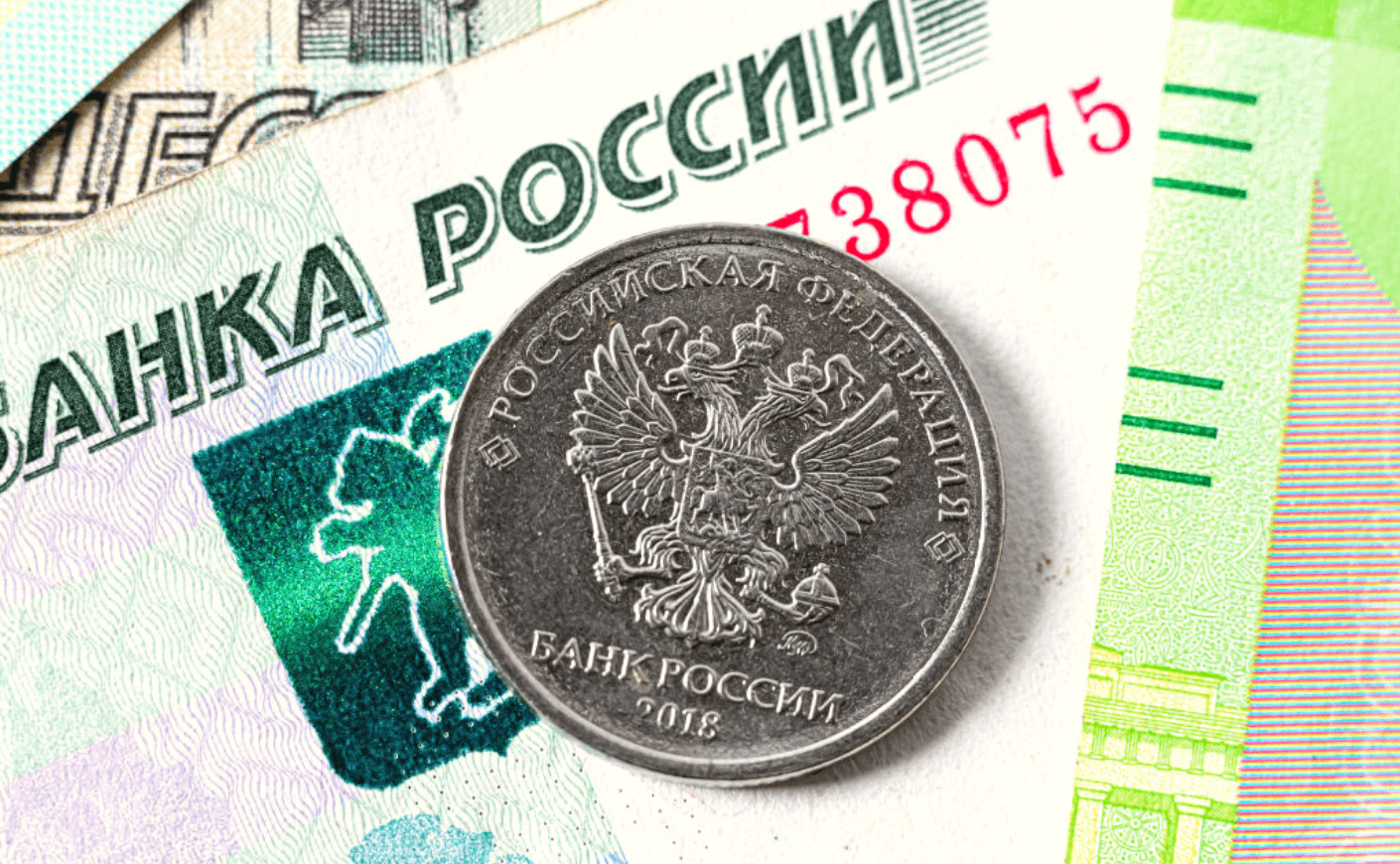Russia is facing unprecedented international sanctions over its invasion of Ukraine, and some Russian oligarchs are already feeling the squeeze.
In fact, 22 of Russia’s wealthiest individuals lost a combined $39 billion within just 24 hours due to economic fallout from the war. This, in turn, has prompted some of those affected by the retaliatory measures to break rank with the Kremlin and urge for peace.
“This crisis will cost lives and damage two nations who have been brothers for hundreds of years," said Russian billionaire Mikhail Fridman, who was born in Ukraine. "While a solution seems frighteningly far off, I can only join those whose fervent desire is for the bloodshed to end."
But they’re not the only ones being impacted — even ordinary Russians are facing the prospect of higher prices as Western sanctions sent the ruble tumbling. We have more details on that, and how the sanctions are rapidly rippling through Russia’s economy.
How are other countries targeting Russia’s elite?
In response to Russia’s war on Ukraine, the U.S. and its allies — including the United Kingdom — have stepped up their sanctions against wealthy Russians with ties to Putin.
On Monday, the European Union expanded its list of sanctions, adding 26 prominent Russian officials and businessmen. In addition to Fridman, this also includes Pyotr Aven — who's considered "one of Vladimir Putin’s closest oligarchs.”
Meanwhile, both the U.S. and France have announced that they’re creating task forces to go after sanctioned Russian oligarchs and their families’ assets in the country. On top of this, French Finance Minister Bruno Le Maire says the country is even exploring ways to not only freeze those assets, but to also seize them entirely. This could explain why some wealthy Russians with connections to Putin are moving their "superyachts" out of the country in order to protect them being taken away.
How are Russian oligarchs responding?
At least three of those targeted by the new sanctions have spoken out against the war. Both Fridman and Aven, who are long-time business partners, have gone so far as vowing to contest the measures, calling them “groundless and unfair.”
But they’re not alone: Businessman Alexei Mordashov, who lost $4.2 billion in a single day due to the fallout, has similarly voiced opposition to the E.U.’s move, and said he has “nothing to do with the current geopolitical tensions.”
While the hope is that these moves will put pressure on Putin to end his war on Ukraine, the oligarchs argue that the sanctions are ultimately useless because they'll do little to persuade him to pull back his troops.
How’s the financial fallout affecting ordinary Russians?
Many Russians have been flocking to ATMS in recent days, with reports of long lines and machines running out of cash as the ruble tumbled 30% percent to less than 1 cent. Some were even unable to use public transportation after experiencing issues with popular payment methods like Apple Pay, because the banks that handle these types of payments have also faced sanctions.
These financial woes aren’t expected to go away anytime soon. After all, Russians are still very much dependent on imported goods, and the prices for those are likely to skyrocket amid sanctions. There are also concerns about deepening economic turmoil over the coming weeks, as supply-chain issue issues creep up due to higher prices and a change in demand.
“Anything that is imported is going to see the local cost in currency surge. The only way to stop it will be heavy subsidization," William & Mary professor David Feldman told PBS. “It’s going to ripple through their economy really fast."









